Amending the Constitution and removing legal bottlenecks
At the press conference introducing the 9th Session's agenda, Ms. Nguyen Phuong Thuy, Vice Chairwoman of the Committee for Law and Justice, said that the National Assembly will amend about 8/120 articles of the 2013 Constitution, focusing on the provisions on the Fatherland Front, socio-political organizations, and local governments, in Chapter IX. According to Conclusion 127 of the Politburo, the Party Committee of the National Assembly has coordinated to study and propose amendments, with the Standing Committee of the National Assembly submitting Report 1261 to issue a resolution amending the Constitution. The draft resolution will be published for public consultation from May 6, 2025 for about a month, combining traditional and online forms via the VNEID application deployed by the Ministry of Public Security . Public opinions will be compiled for the National Assembly to consider and approve the resolution before June 26, 2025, ensuring its effectiveness from July 1, 2025.
Ms. Thuy emphasized that Resolution 66, issued on April 30, 2025 by the Politburo , sets out a roadmap for legal reform: removing legal bottlenecks by 2025, perfecting the law for the three-level government model by 2027, and bringing Vietnam into the top 3 ASEAN in terms of business investment environment by 2028.
Bottlenecks such as contradictions, overlaps, and lack of clarity in the legal system, which hinder investment, production, business, and social sectors, have been identified by the Government and the National Assembly since the end of the 14th term.
At the 9th Session, the National Assembly will pass 34 laws, 11 resolutions, and give opinions on 6 draft laws, focusing on streamlining the apparatus, developing science and technology, digital transformation, and removing obstacles in production and business. Many laws will be amended simultaneously with related documents, such as the law on business investment and judicial proceedings. Ms. Thuy affirmed that this is a continuous, focused process, consistent with actual capacity, and called on the press and organizations to contribute opinions to perfect the law according to the goals of Resolution 66.
To implement Resolution 66, the National Assembly has made breakthroughs. At the 9th Extraordinary Session, the Law on Promulgation of Legal Documents (Law 64/2025) was amended, simplifying the process, shortening the time, clarifying responsibilities, and ensuring publicity and transparency, helping the law respond promptly to reality. Ms. Thuy said that the National Assembly will develop a specific plan with revolutionary solutions in law making and enforcement, creating a foundation for the synchronization and effectiveness of the legal system.
Merging provinces, shortening terms and decentralizing and decentralizing
The 9th session will make important decisions on the organization of the state apparatus. According to Ms. Thuy, the provincial merger will apply the mechanism of designating and appointing leaders of the People's Council and People's Committee in 2025, instead of electing as currently regulated, due to the large scale of the merger, including the cessation of district-level operations. According to Conclusion 150 of the Politburo, this mechanism is temporary, with transitional regulations recorded in the resolution amending the Constitution, and the normal election mechanism will be applied after 2025.
Regarding the shortening of the term, the National Assembly Standing Committee agreed to submit to the National Assembly a proposal to shorten the term of the 15th National Assembly and the People's Council for the 2021-2026 term by about three months, in order to organize early elections, closer to the end of the National Party Congress. This will help to quickly complete the apparatus and personnel, meeting the requirements of organizational arrangement. The Election Law will be amended to simplify the process, shorten the time, but still ensure the right to vote and run for election of citizens, creating favorable conditions for the process of transferring power.
Ms. Thuy emphasized that decentralization and delegation of power is a consistent policy, concretized in the amended laws at the 9th Session, such as the Law on Government Organization and the Law on Organization of Local Government. Flexible mechanisms will allow localities to decide and take responsibility, with effectiveness depending on the initiative of localities in exercising assigned powers.
The decisions at the 9th Session not only meet the requirements of streamlining the apparatus but also lay a solid legal foundation for socio-economic development. With careful preparation, from amending the Constitution, removing legal bottlenecks, to reforming the apparatus, the National Assembly is demonstrating strong determination in realizing the Party's policies, meeting the expectations of voters, and creating momentum for the country's new development stage.
Source: https://thoibaonganhang.vn/cai-cach-hien-phap-va-phap-luat-163662.html


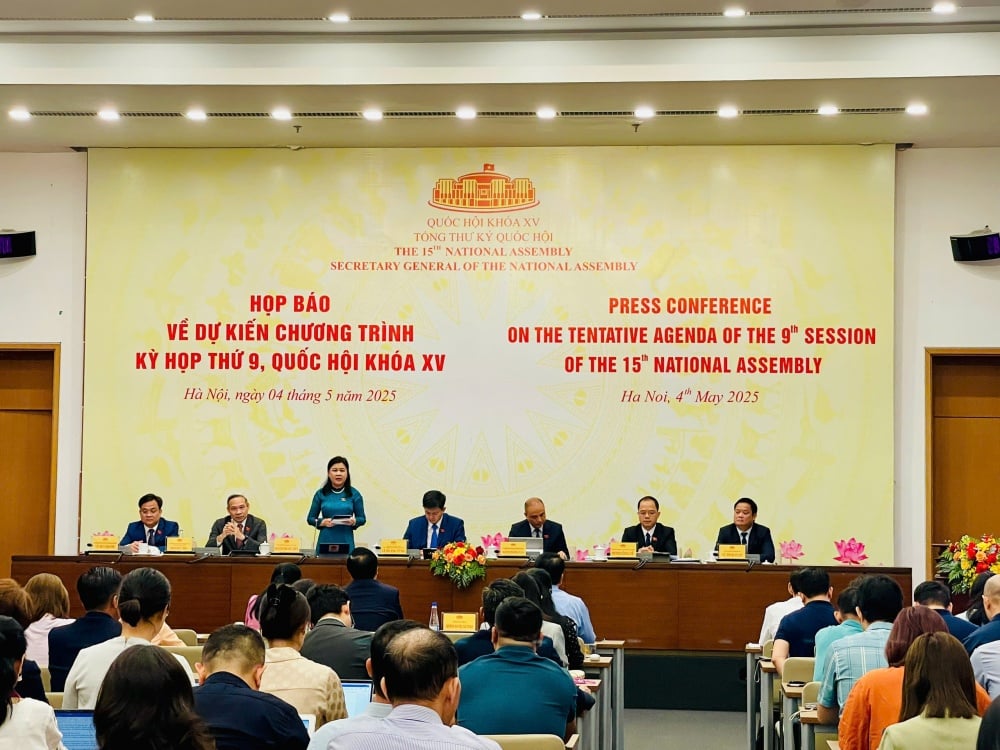

![[Photo] Da Nang: Hundreds of people join hands to clean up a vital tourist route after storm No. 13](https://vphoto.vietnam.vn/thumb/1200x675/vietnam/resource/IMAGE/2025/11/07/1762491638903_image-3-1353-jpg.webp)






















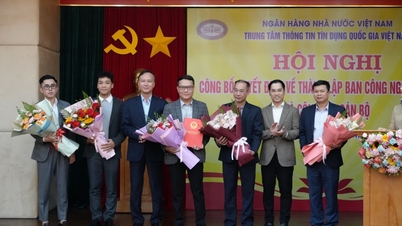





































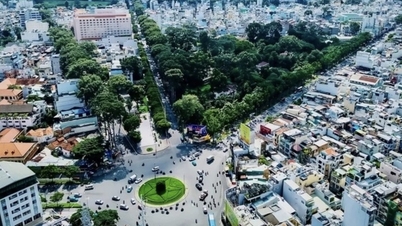



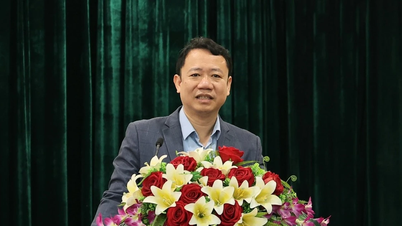




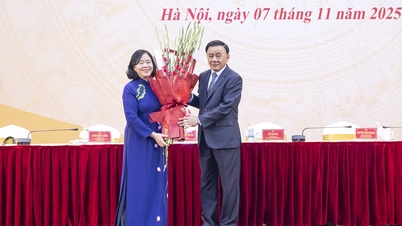


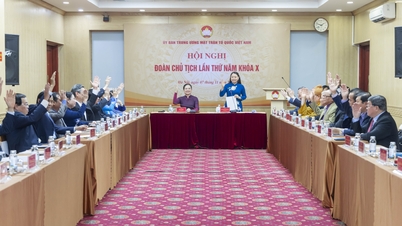
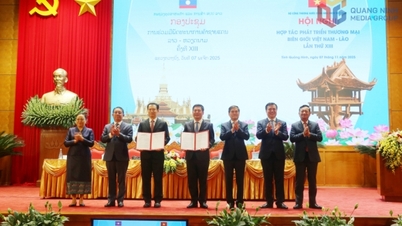
























Comment (0)